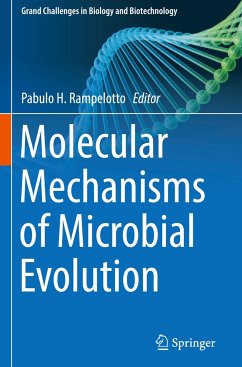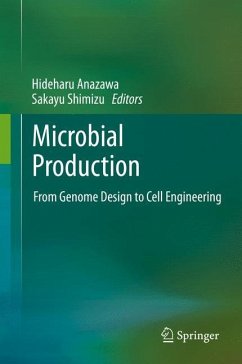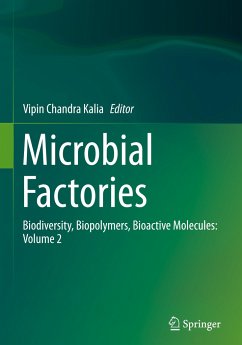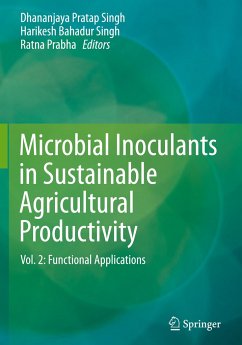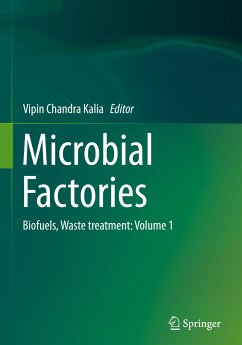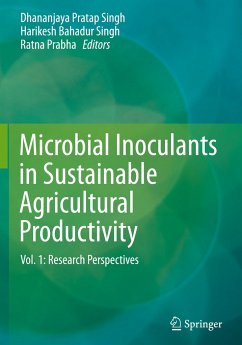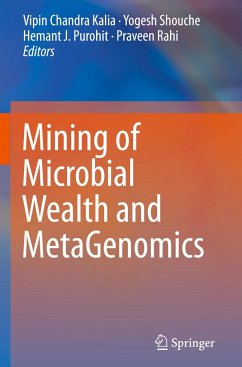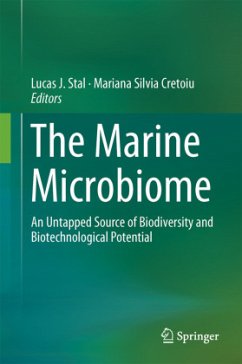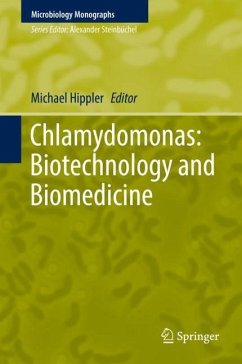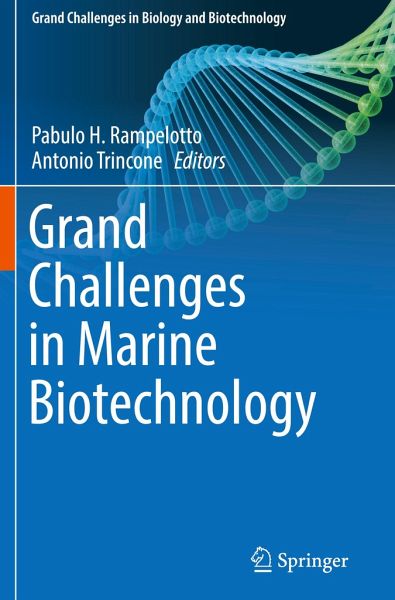
Grand Challenges in Marine Biotechnology

PAYBACK Punkte
58 °P sammeln!
This book serves as essential reading for research scientists and biotechnologists from both academia and industry working in marine biotechnology and related disciplines. The book discusses recent advances and challenges in terms of science, technology, innovation, and policy for the development of the field; and how marine biotechnology may provide new solutions to some of the grand challenges faced by our society. Written in an accessible language, the book is also recommended as a reference text for decision-makers in government and non-governmental organizations in their efforts to foster...
This book serves as essential reading for research scientists and biotechnologists from both academia and industry working in marine biotechnology and related disciplines. The book discusses recent advances and challenges in terms of science, technology, innovation, and policy for the development of the field; and how marine biotechnology may provide new solutions to some of the grand challenges faced by our society. Written in an accessible language, the book is also recommended as a reference text for decision-makers in government and non-governmental organizations in their efforts to foster the development of a global blue economy.
With less than 5 % of the vast and rich marine environment explored, our seas and oceans represent a virtually unexplored resource for the discovery of novel product, processes, and development of bio-inspired synthetic drugs with biotechnological potential. As such, the marine environment has been considered Earth's last frontier of exploration. Recent advances in molecular techniques are providing the necessary tools to access on a larger scale the still-untapped ocean resources and, consequently, unveil the promise of the blue biotechnology. Governments are recognizing the potential of marine biotechnology to provide solutions to some of the Grand Challenges of the 21st Century such as sustainable energy and food sources, identification of novel drugs for improved health treatments, and providing new industrial materials and processes. For this reason, advances in marine biotechnology may foster the much-needed source of innovation and economic growth in many countries, and pave the way towards the development of a global blue economy, i.e. a new economic model based on the sustainable exploration of our ocean ecosystems.
With less than 5 % of the vast and rich marine environment explored, our seas and oceans represent a virtually unexplored resource for the discovery of novel product, processes, and development of bio-inspired synthetic drugs with biotechnological potential. As such, the marine environment has been considered Earth's last frontier of exploration. Recent advances in molecular techniques are providing the necessary tools to access on a larger scale the still-untapped ocean resources and, consequently, unveil the promise of the blue biotechnology. Governments are recognizing the potential of marine biotechnology to provide solutions to some of the Grand Challenges of the 21st Century such as sustainable energy and food sources, identification of novel drugs for improved health treatments, and providing new industrial materials and processes. For this reason, advances in marine biotechnology may foster the much-needed source of innovation and economic growth in many countries, and pave the way towards the development of a global blue economy, i.e. a new economic model based on the sustainable exploration of our ocean ecosystems.



